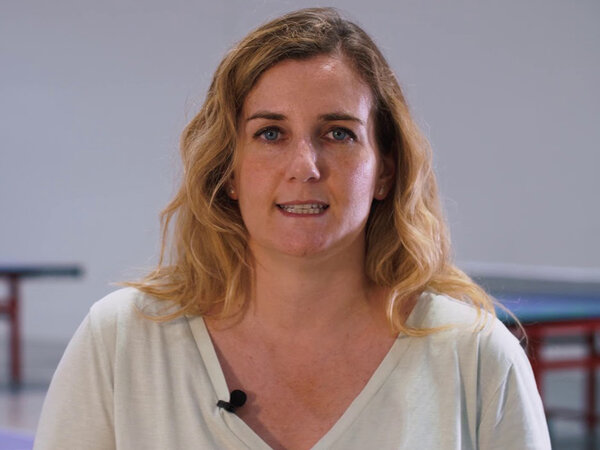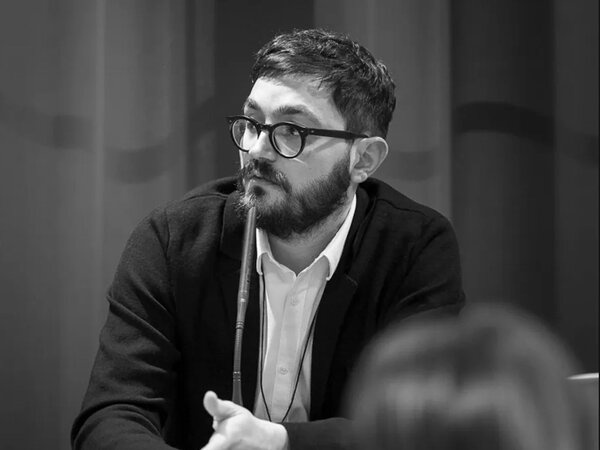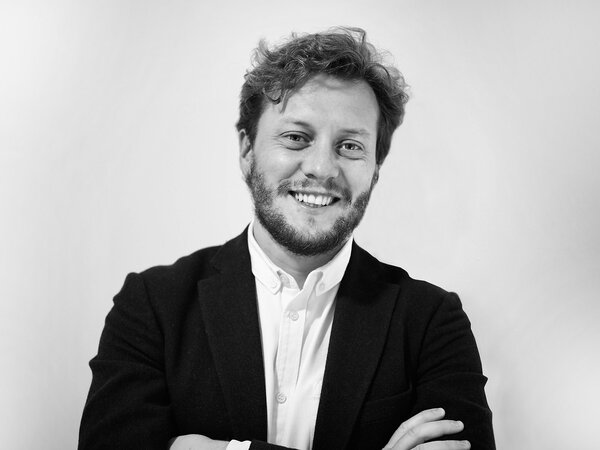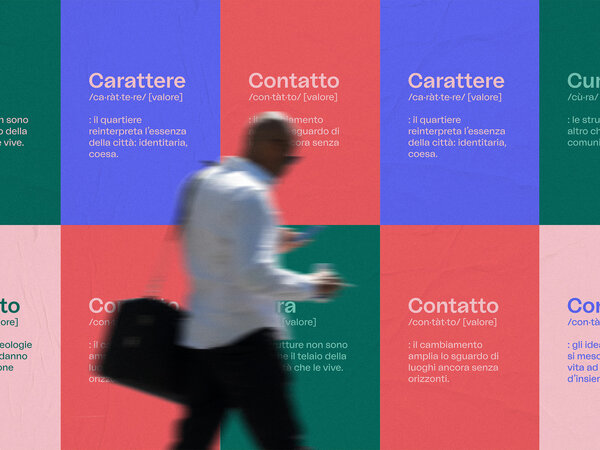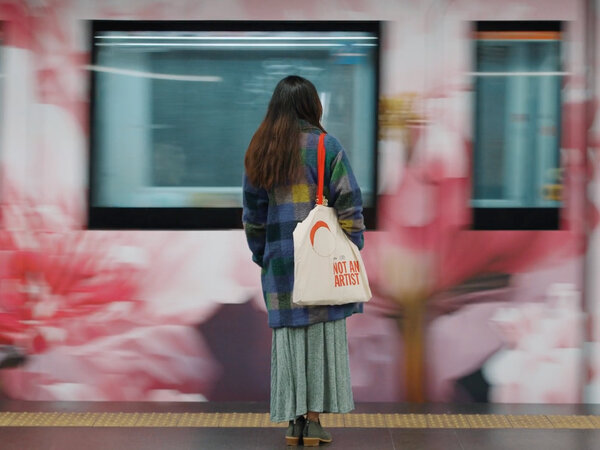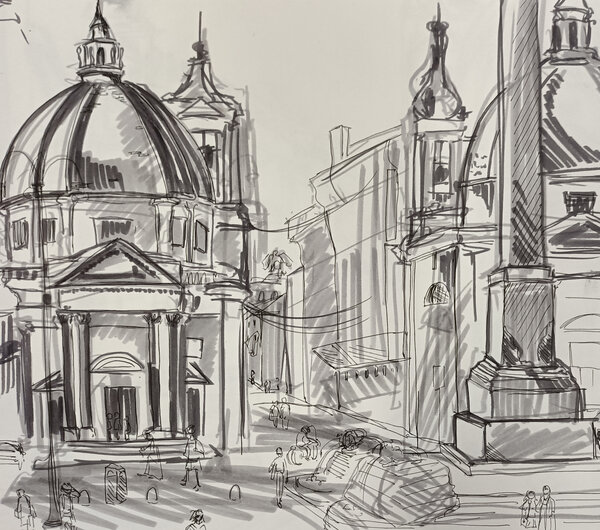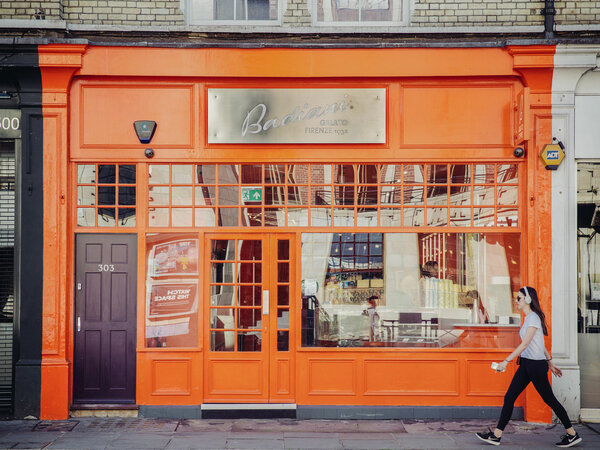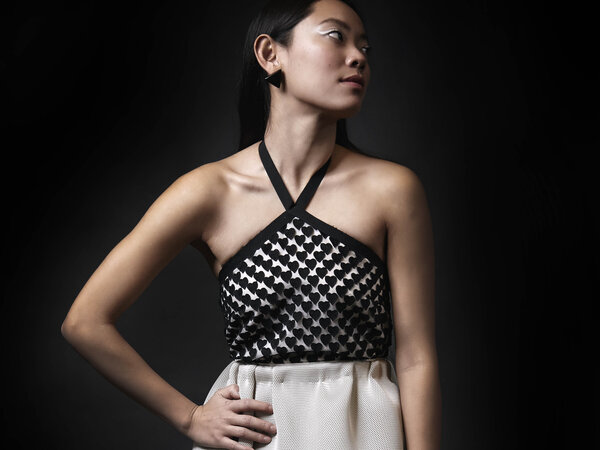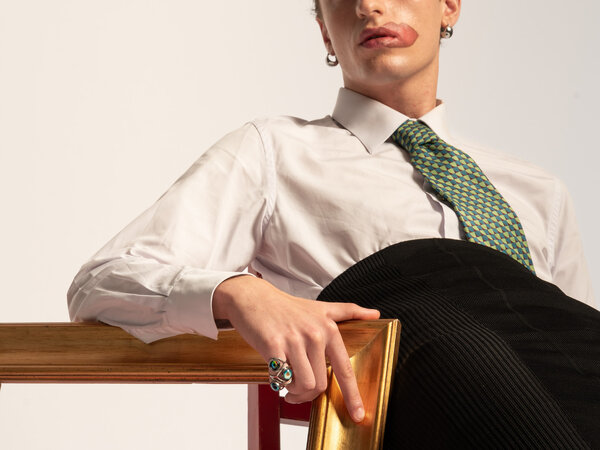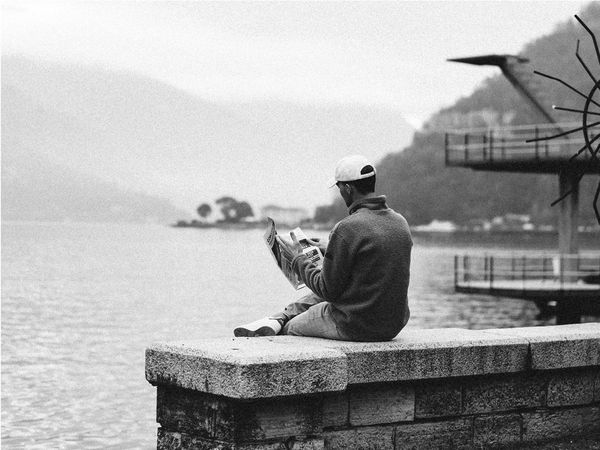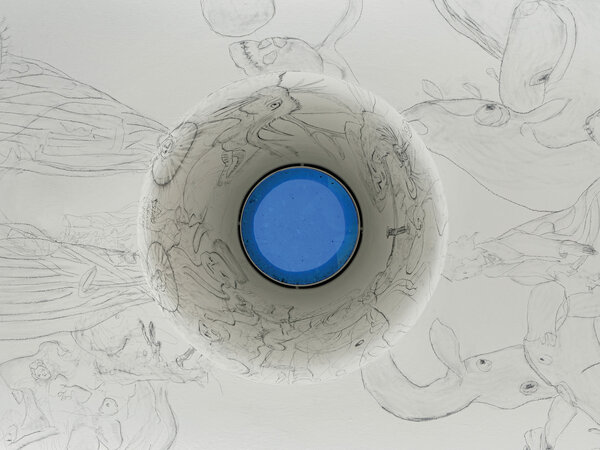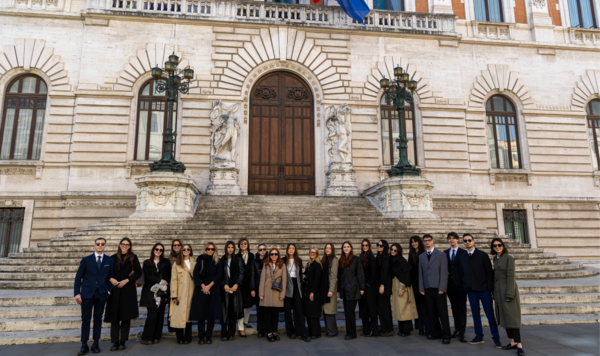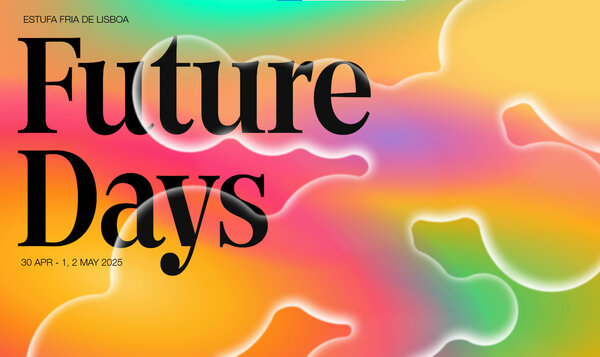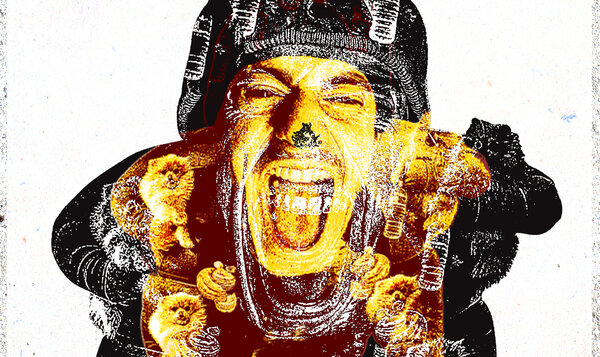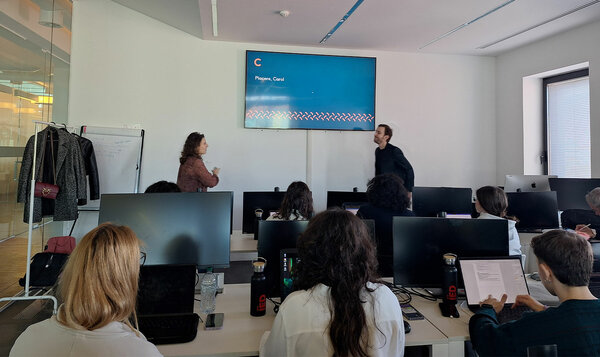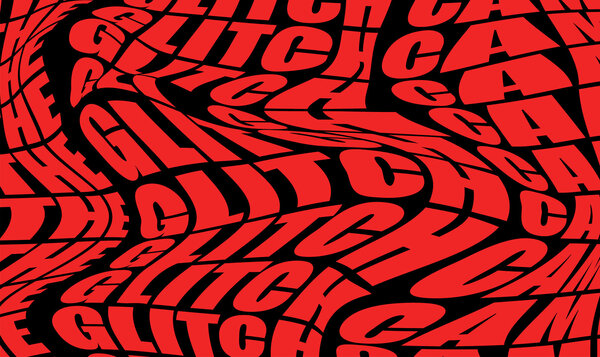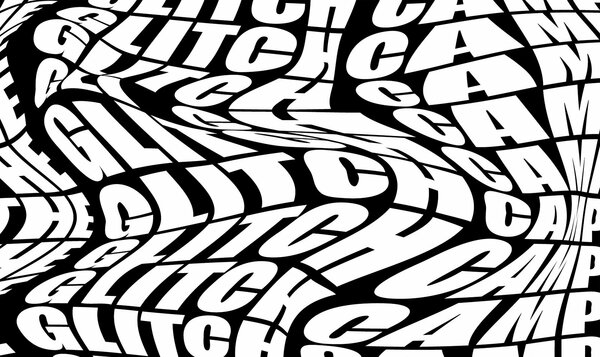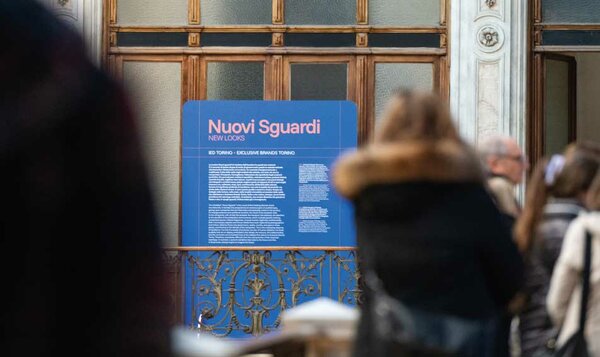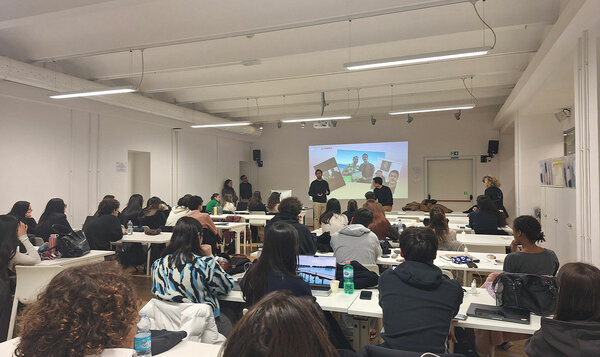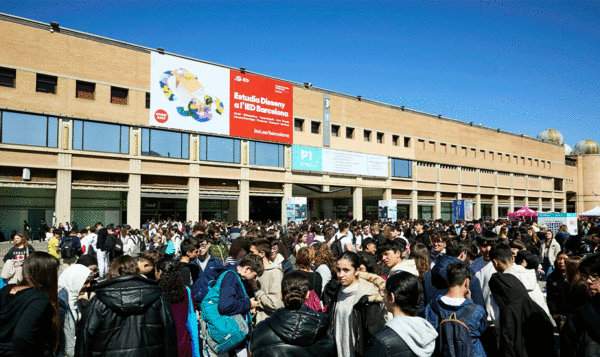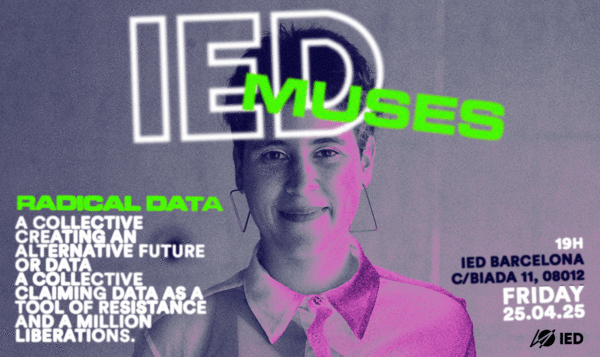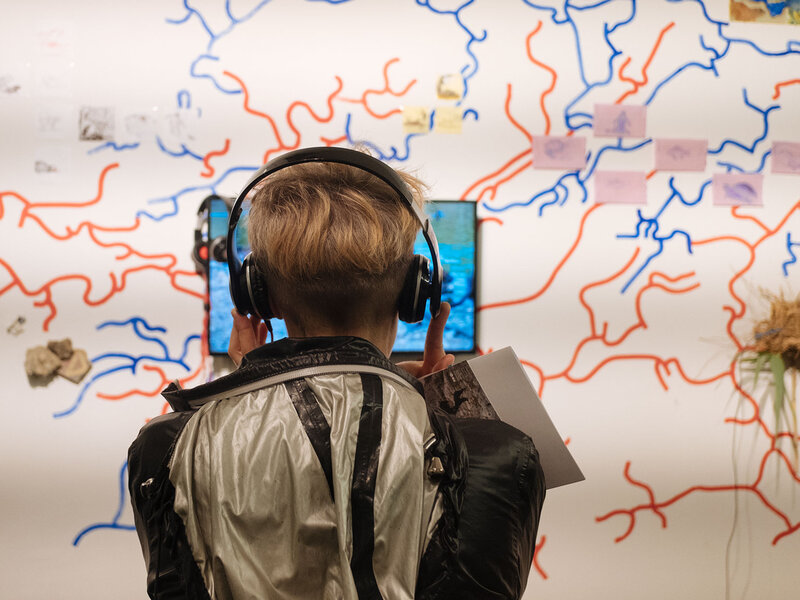
Museum Experience
A perfect mix of on site experiences and specific lectures to explore and understand museums audience development strategies at IED Firenze.
ENG
Language
English
Start date
June 2025
Frequency
Full time
Duration
3 Weeks
Course Coordination
Camilla Mozzato
Price
€ 2.600
The course is designed to be an introduction to the museum studies and a reflection on audience development strategies.
Museums are the places where visual culture lives and is collected. They are a place where history can be interpreted and where contemporary society can experiment new forms of participation, find its own roots and expand the understanding of the world in its various expressions. The course is designed to be an introduction to the museum studies and a reflection on audience development strategies. Students will learn how to relate with cultural heritage through theoretic analysis and visits. An important part of the course is the on site experiences of different typologies of museums and their approaches on display of collections and temporary exhibition and how these are mediated to the public in various real and virtual activities. These visits to the vast museum offer of the city of Florence, will be shared with the students of the Arts Management course, to deepen the museums functioning and to sharpen the exchange on project proposals.
The visits might include museums such as Uffizi, Palazzo Pitti, Museo and Villa bardini, Museo Novecento, Palazzo Strozzi, Villa Romana, The Recovery Plan, Centro per l’Arte Contemporanea Luigi Pecci.
The last part of the course is a workshop on a Public Program event that will allow the student to practice the knowledge learned throughout the course.
Information to decide
The course is based mainly on learning by doing methodology. The knowledge proposed covers different areas from a theoretical one to an experiential one and always involves the student in a dialogic and active participation in class to stimulate a collective experience where his/her voice can be expressed. The class activity will closely relate with a program of visits to different institutions that will allow a direct contact and observation to the different display and audience development possibilities in the public and private sector, in the more structured organizations as well as in the more experimental ones. The last part of the course is dedicated to a workshop that tests the acquired skills.
The course is divided in 4 operational areas that dialogue together, the first area will guide the students in the most important debates of the field to better understand the museums in their historical and contemporary nature that lives in our times. The second area outlines the different strategies of involvement of the public in museums through special activities, virtual engagement, experiences that expand the understanding of the collections beyond the objects into a cultural sphere. During the visits there is an intense program of visits developed in the vast offer of museums in the city of Florence (in common with the course of Art Management) where the different art spaces and institutions will be studied in their collection display and in the programming of their interaction and mediation with the public. At the end, the public program workshop is a teamwork final exercise that will guide students in designing an activity and its possible outcome thought for a specific museum and will test the knowledge learned during the course.
The course is intended for students who have competence or basic professional expertise in the area of study and are interested in developing their professional skills.
Participants must be passionate about understanding the different museums' approaches in designing exhibitions experiences.
